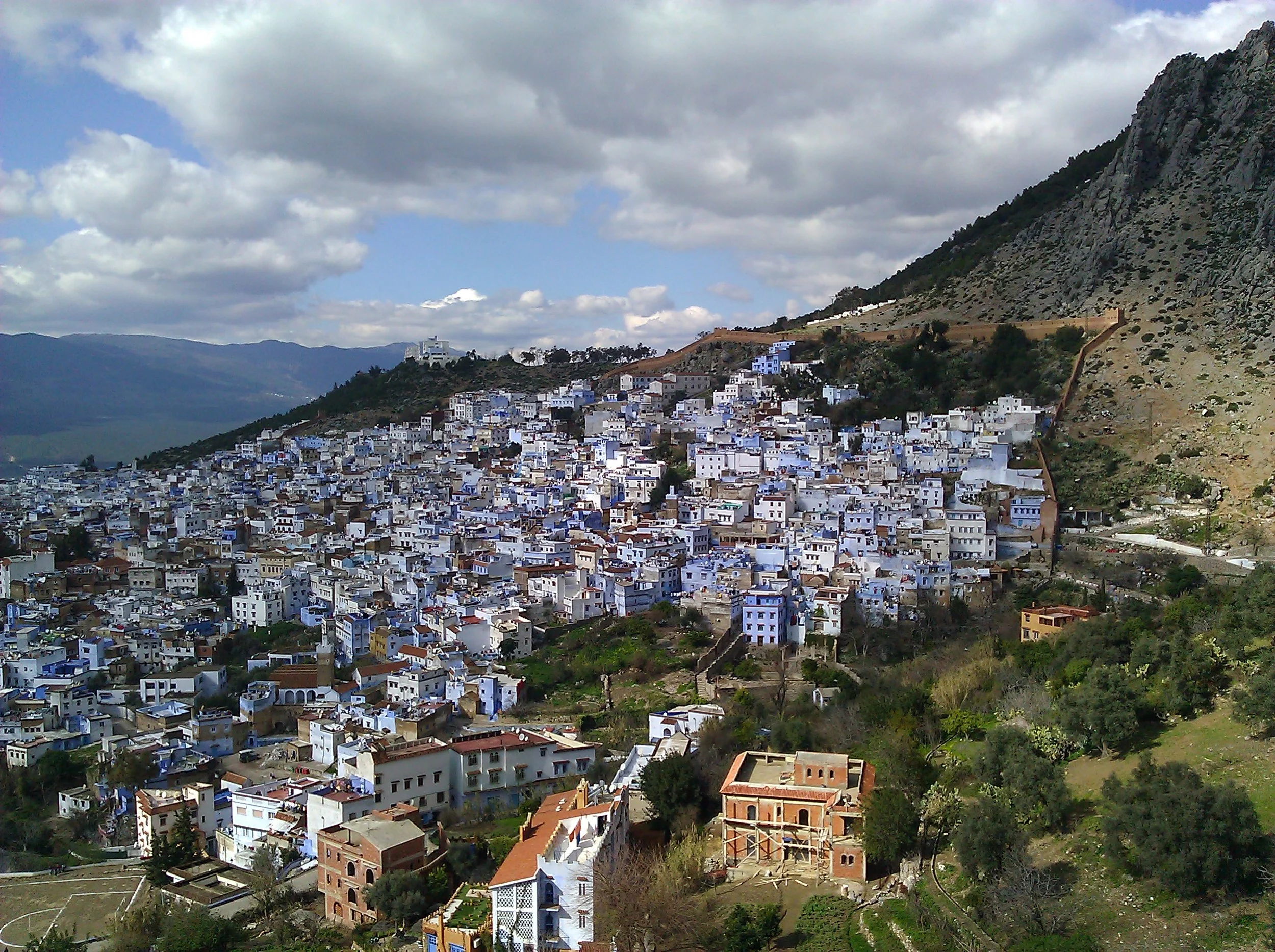International Coop Day July 5 Sets a Theme for 2014
By Dr. Yossef Ben-Meir
There really is much to consider on this day of Cooperatives – which this year highlights the message that these enterprises achieve sustainable development for all – especially when we think in terms of the severe challenges and the incredible development potential of rural Morocco.
In their beginnings cooperatives were often borne from difficulty – depressed markets, social conflict and stagnant production. Their creation and successful functioning brings about the opposite, enabling the coordination and management of the vital steps needed in order to actualize latent rural development potential.
Challenge – and Potential
For rural farming families, for example in the High Atlas mountain region, global prices for the walnut and almond crop they grow have doubled over the past ten years while the revenue they receive has remained basically the same.
Too often families, clans and entire communities live side by side with – yet ever so distant from – each other due to historic local events that took place decades and even generations ago, yet whose divisive consequences remain alive. In practical terms, their systems of agricultural production and maintenance, although incorporating vital traditional skills and knowledge, may not primarily be directed towards optimization of quantity but to providing subsistence and the most basic continuity of life. However, with population growth, rising prices and globalization this production status quo leaves rural areas lagging behind urban ones, making systemic rural poverty deeper and the divide with cities, starker.
Now for the good news – the latent Moroccan rural potential, the harnessing of which cooperatives are such a vital, integral part. The marginalized countryside communities have never had the means to purchase and plant those agricultural crops that require the application of harmful pesticides. The result is that their surrounding environment – air, soil, the entire ecosystem – remain chemical-free; a highly desirable factor on the part of consumers, expressed particularly in the developed world, and one which, when presented in the manner required, practically ensures the securing of organic certification.
Thus the nuts, figs, cherries, dates, olives, pomegranates, lemons, carob, prickly pears and several dozen medicinal plants, growing in different parts of the kingdom, could acquire organic certification and undergo other value added processes that would enable farming families to realize the vast opportunity that is rightfully theirs. True to say, much easier said than done – and seemingly impossible without the formation of local cooperatives.
Cooperative Benefits
For example, the creation of plant or tree nurseries is essential to generate the billion or more trees and plants Morocco needs to overcome subsistence agriculture. Nurseries, however, require land that can be openly accessed by all its potential beneficiaries, in an arrangement that benefits all households.
Moreover, training in organic practices and project management needs to be broadly delivered and experientially based in order to make the necessary vital difference in practices.
Machinery for processing and packaging is prohibitively expensive for the few, less so for the many.
International buyers seek quantities of product beyond what a single village but what many, working together, can provide. All these examples illustrate the necessity of the coming together of families and clans, communities, municipalities and provinces to form cooperatives in order for successful, sustainable agricultural development to take place.
Three Factors for Realization
How can this be achieved in practical terms? Firstly, latent cooperatives and other organizations in Morocco and around the world require an outside catalyst to help jump start the all-important dialogue process needed. This enables people to express their interests and needs and identify ways that they can be made mutually compatible. Third-party facilitators play a role that cannot be underestimated in its importance – without them, communities are much less likely to create fruitful plan of actions embodying their self-determined goals. Facilitators can be teachers, government and civil workers, friends and neighbors, indeed any community member. They need to undergo public and private training specializing in facilitation for cooperative building.
Secondly, partnership building with government, civil and private groups is a vital necessity in the formation process and efficient functioning of cooperatives. The support that they can provide in all stages ‘from farm to fork’ are critical for acquiring the essential impetus for initial success and for long-term sustainability.
Finally, cooperatives must remain unequivocally and indelibly the property of the people. The basis for unlocking latent potential is essentially rooted in personal empowerment and elevated levels of decision-making skills – and in the ability of cooperative members to invest a portion of their new revenue in other human development projects that will vastly change their quality of life – clean drinking water, school building, women and youth initiatives and any other priority needs they identify.
The Special Nature of Cooperatives
Cooperatives are indeed unique. They are controlled by and afford benefit to the very people who have forged them. They open themselves up to multi-sector partnerships at all societal tiers and reach out to a global public who express increasing satisfaction – including at the ethical level – with the product that grows in their fields and on their terraces.
In conclusion then, we say to Moroccan communities, and those throughout the world, who have yet to form their cooperative to achieve livelihoods that are viable and eminently possible, that waiting is not a necessity, nor will it make it easier (and that regrettably facilitators, as central as they normally are to the process, are far too few).
Catalyze cooperatives now for our collective wellbeing – choosing this commemorative day on which to do so would be at least as good as any!
_________________
Yossef Ben-Meir is president of the High Atlas Foundation, a nonprofit organization dedicated to sustainable development in Morocco.
Email: alon@alonben-meir.com
Cover photo by YoTuT


